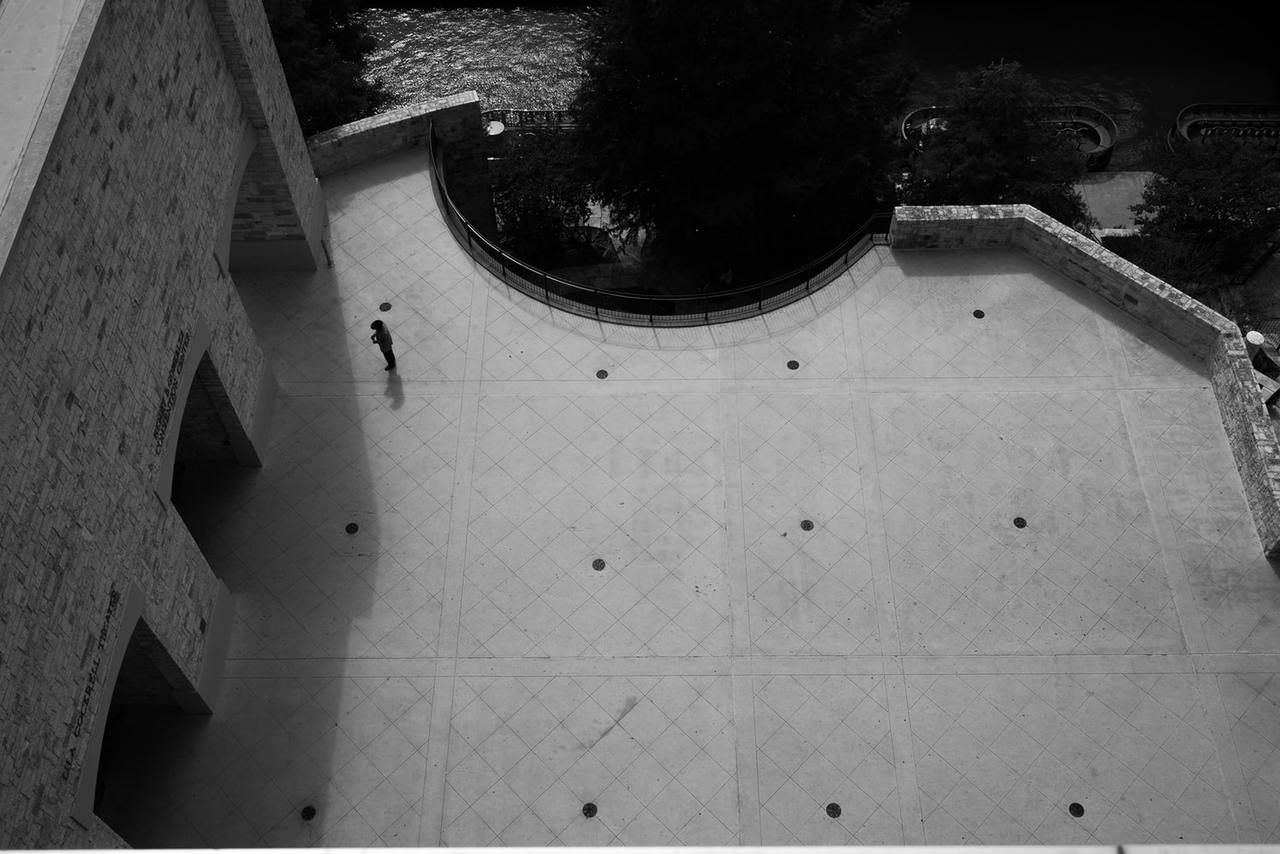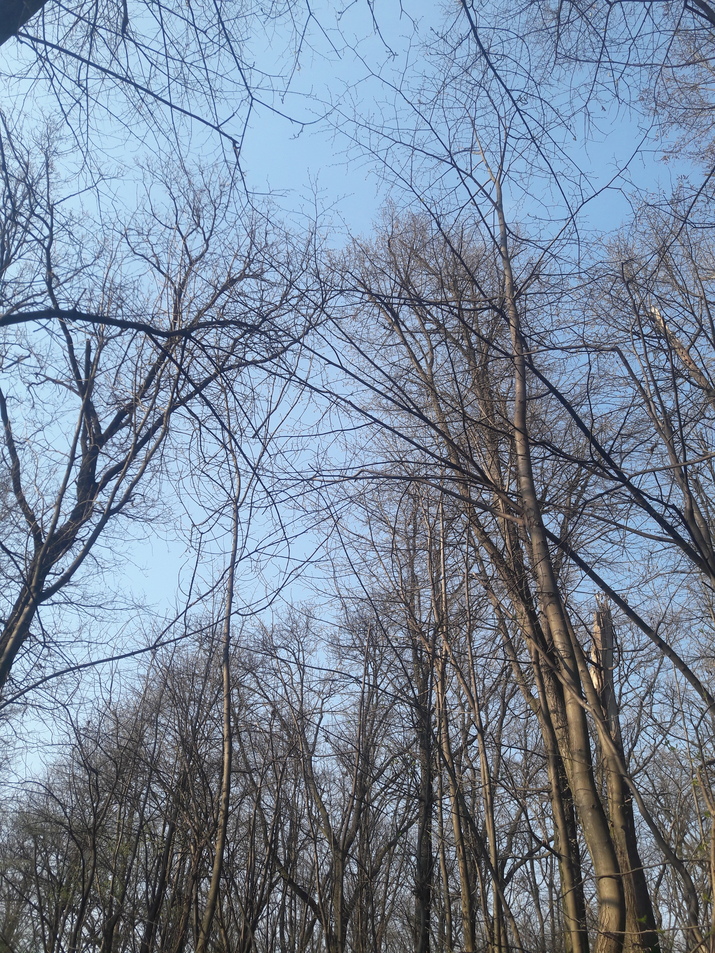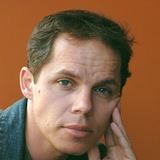What positives might there be? Well, in the UK’s case a nationwide understanding of how the NHS needs funding, not the death-of-a-thousand-cuts successive Tory governments have inflicted. Possibly more emphasis on health-not-wealth and friends + family over the residual gods of consuming/preening (then parading such on social media) that has governed us for too long. Sadly, I fear any real changes are unlikely – late capitalism is not going to give up its hold on the individual; instead, it's likely to want to find us a way to sell us our isolation experiences. And right now those with the most wealth and power are studying Covid-19 for opportunities: Trump’s removal of US environmental laws so to allow manufacturers to pollute is just the first strike of what Naomi Klein defines as
"disaster capitalism". Many more will follow – crisis times tend to bring out both the best and worst in humanity and, while health workers are hailed as heroes for putting their lives on the line for everyone, those who value
endarkenment are surely treating us as pawns in their game.
Something to think about: will people return to cinemas and music venues and theatres and festivals and sports grounds once Covid-19 is conquered and lockdown’s over? Or will the virus be the tipping point for many who, having been forced to live in isolation, decide that consuming all the arts/culture/entertainment they need is easier done via screens and sofa? To some degree, I think this could be so. The multiplex cinema chains might find themselves following the Blockbuster video stores into the retail junkyard: Blockbuster died quickly once the internet provided alternative ways of watching movies and, with the studios suddenly offering many new films online, those who once regularly took trips to the cinema might decide watching even new releases in the comfort of their home is easier and almost as good as the cinema experience. While the high street, already desolated by the likes of Amazon, may exist only as a ghost town, everything from department stores to cafes finding people have become so used to ordering by app that they no longer venture outside.
Thus we become troglodytes, hiding inside even when the “all clear” has been given for society to restart, people only venturing out on the odd occasion. In many a post-apocalypse movie the survivors are seen to be lurking in darkness, only a brave few venturing into the ruins of what was once their civilisation, and while coronavirus does not leave shattered buildings and empty roads it may prove to be a significant factor into ensuring our society stays at home. Football matches, movies, concerts, theatre, opera, doctor’s appointments, shopping… they could all be reduced to virtual experiences, the age of the crowd and the queue coming to be seen as archaic as public executions or summer excursions to pick crops.
Or maybe everything will quickly revert to what we consider “normal”. Humans are social animals and those who once used dating apps regularly are surely likely to want to rapidly reengage with potential mates. Pubs, clubs, record and book shops, bakeries, restaurants, street markets, independent vendors, music venues, record labels – you name the traders you most miss – they will see many of their regulars surging back. But will it be enough? And will those traders, having endured a lockdown that meant they couldn’t work and so had to rely on government funding, want to try and restart their businesses? Or will they simply call it quits? As with coming up from a deep dive there will be a time to decompress, to see if humans can adjust to being back in the sunlight. Or will they hide in the depths? Scarred by fear and now certain that all they need is a click away? I don’t know. But the sound of Charlie Mingus leading his magnificent ensemble through ‘Better Get It In Your Soul’, rumbling and churning, uneasy yet struggling to convey all the raw beauty and humanity they could, makes me hope we will emerge into the sunshine and once again shine. Otherwise, well, I guess we could get used to living without interacting, remaining in isolation, fearing what’s out there. A shadow life. Or, perhaps more correctly, a shadow of a life.
--
*This article is part of the project Music & Conversations in the Attic, co-financed by AFCN.



